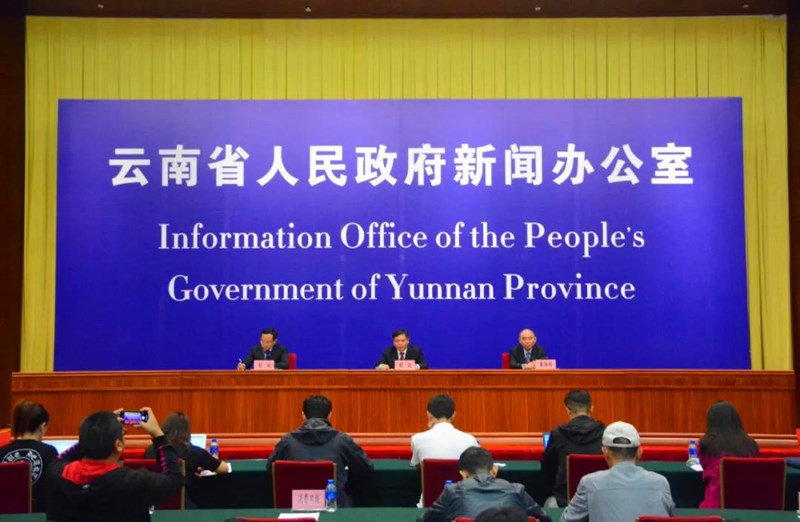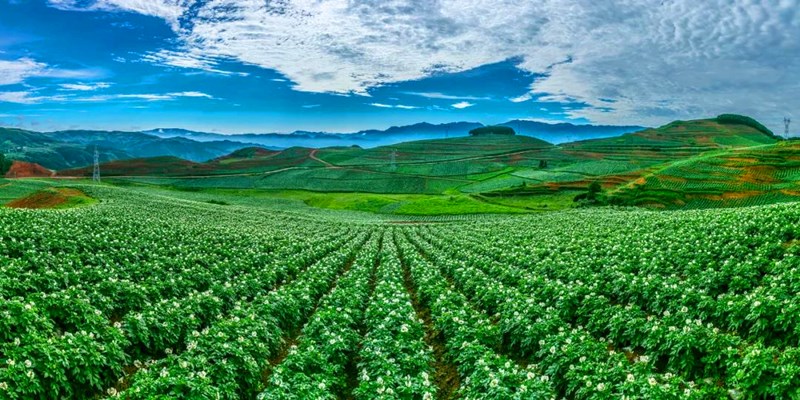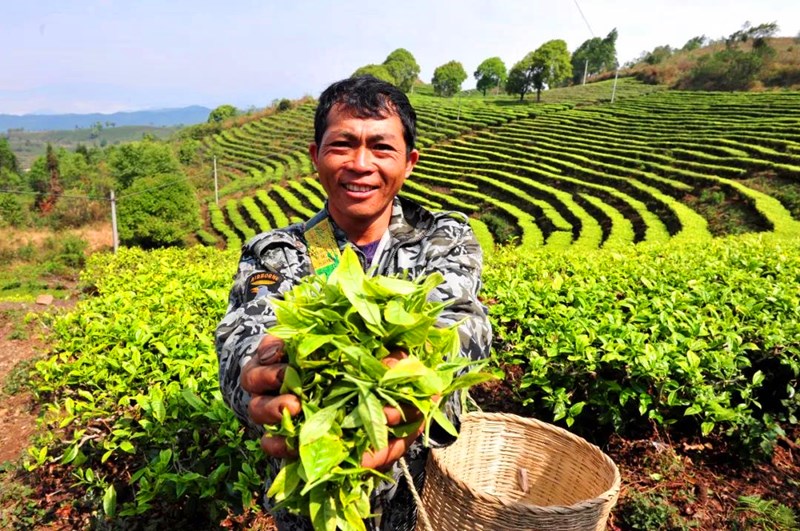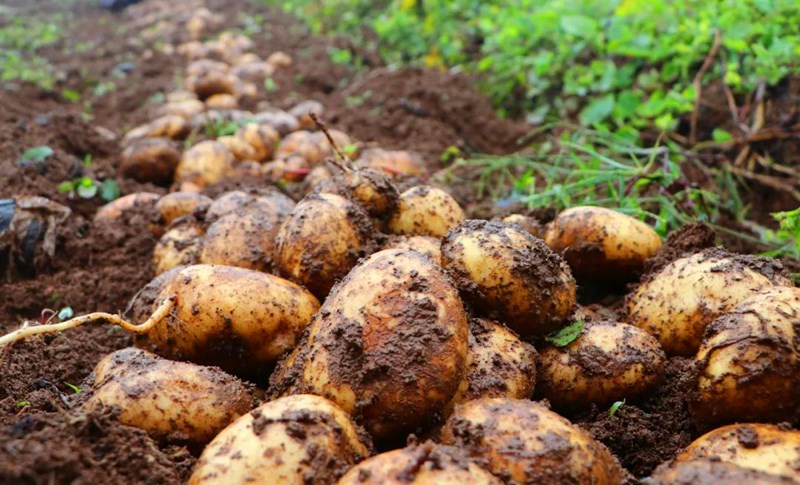Yunnan strives to become regional agricultural innovation hub

Recently, the People’s Government of Yunnan Province issued a plan regarding the perfection of the province’s modern industrial system.
Modern plateau agriculture, as a vial aspect in this plan, is expected to be turned into a key industry which can generate trillions of yuan annually.

According to the plan, the total output of agriculture (encompassing farming, forestry, animal husbandry and fishing) and its associated processing businesses in Yunnan will grow to 2 trillion yuan in 2025.
This figure is expected to reach 3 trillion while modern plateau agriculture accounts for 10% of Yunnan’s GDP by 2030.
And in 2035 which is 15 years from now on, Yunnan will become a leading base for green food production nationwide and an agricultural innovation hub which benefits not only Chinese farmers and consumers but their counterparts in South and Southeast Asia.


Last year, Yunnan’s agriculture industry accounted for 13.1% of its GDP. The grain yield only lags behind China’s major grain producing areas such as Liaoning, Jiling and Henan provinces.
As Yunnan’s main agricultural produces, fresh cut flowers, natural rubber, coffee, tobacco, walnuts as well as Chinese herbs have long dominated the domestic market.
Furthermore, the agricultural exports of Yunnan hit 33.1 billion yuan in 2019. As many as 1746 products from 501 enterprises have been certified as green food, which indicates that Yunnan’s agriculture industry has witnessed a great leap forward over the past few years.

Today, the produces of Yunnan’s modern plateau agriculture are no longer confined to flowers, nuts and Chinese herbs; a range of commodities with high added values have also become familiar to consumers across China, such tea, fresh fruits and vegetables, as well as pork and beef.
According to the plan, the Yunnan province will perfect its modern agricultural industry through expanding production, strengthening regulations and in the meantime branding the green food of Yunnan on a global scale.

In addition, the province will further optimize its overall conditions for agricultural development. Improvements are expected to be seen not merely on cultivation and food processing, but cold chain logistics services and digital technologies in relation to agriculture. As a result, Yunnan’s capability of agricultural production will be leveled up substantially.
Besides, in the hope of establishing a modern agricultural management system, Yunan also plans to deepen its rural reform by encouraging more individuals, families and enterprises to engage in the agricultural sector.
Trans-editing by Wang Jingzhong